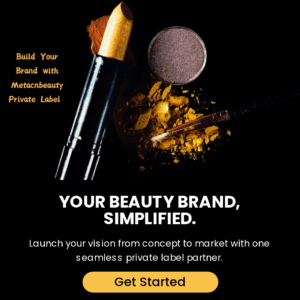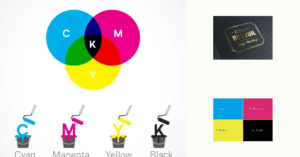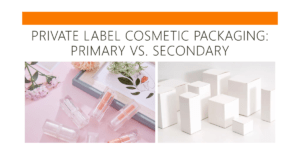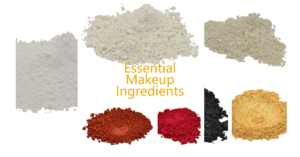Table of Contents
Understanding Private Label Makeup In 2023
What is Private Label Makeup?
Private label makeup, also known as white label makeup, refers to beauty products manufactured by one company but sold under another brand’s name. The concept is similar to generic brands in supermarkets, but it extends to the beauty industry. It’s a business model that allows entrepreneurs to launch their makeup line without the hefty costs and complexities associated with product formulation and production.
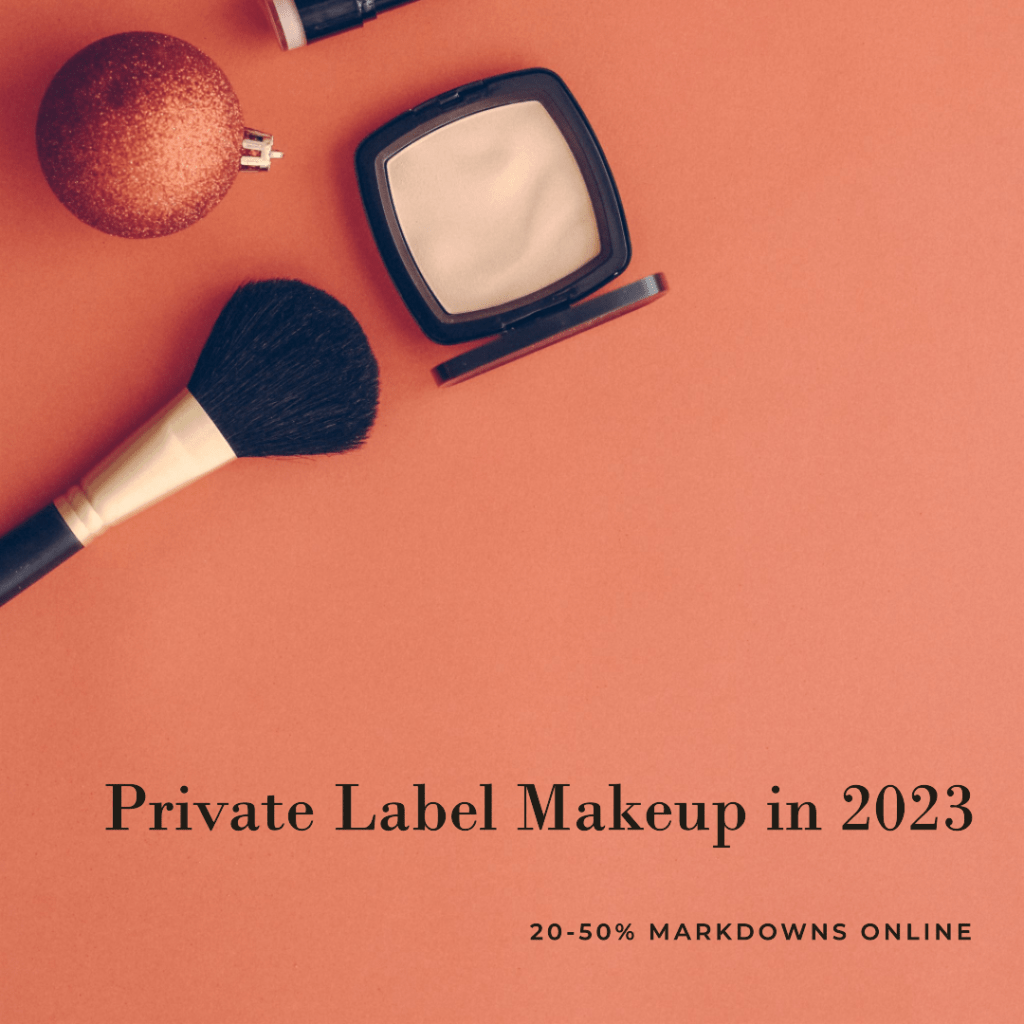
Importance of Private Label Makeup
Private label makeup offers a unique opportunity for business owners and beauty influencers alike. With the demand for personalized and distinctive beauty products on the rise, private label makeup allows brands to cater to niche markets and provide tailored solutions to their customers.
The Process of Creating Private Label Makeup
The process begins with an idea. Brands then partner with a private label manufacturer who can turn their vision into a tangible product. The manufacturer handles the formulation, packaging, and often assists with branding and design. Once the final product is approved, it’s ready to be sold under the brand’s name.
Benefits of Private Label Makeup
Cost-Effectiveness
One of the main advantages of private label makeup is its cost-effectiveness. Brands save on the costs of production facilities, equipment, and formulation experts. They can also purchase products in bulk, further reducing costs.
Branding Opportunities
Private labeling allows companies to create a unique image and build their brand. They can control product design, packaging, and marketing strategies to align with their brand’s vision and target audience’s preferences.
Quality Control
Brands have the ability to oversee the quality of their products, ensuring they meet the desired standards. This can help build a strong reputation and foster customer loyalty.
Market Differentiation
In an oversaturated market, private label makeup offers an opportunity for brands to differentiate themselves. They can create unique products that cater to specific customer needs and preferences, setting themselves apart from competitors.
Choosing a Private Label Makeup Manufacturer
Factors to Consider
When choosing a private label makeup manufacturer, brands need to consider several factors such as the manufacturer’s experience, product range, quality assurance processes, and pricing. Additionally, communication and transparency are essential for a successful partnership.
Questions to Ask
Asking the right questions can help brands find the perfect manufacturer. These might include questions about minimum order quantities, lead times, and the manufacturer’s ability to accommodate specific requests.
Challenges in Private Label Makeup
Quality Assurance
Ensuring consistent quality can be a challenge. Brands must work closely with manufacturers to ensure that the products meet the desired quality standards and are consistent across different batches.
Legal Aspects
Brands must be aware of the legal aspects of private labeling, including compliance with regulations, trademark issues, and liability. It’s crucial to work with a knowledgeable manufacturer and possibly a legal advisor to navigate these issues effectively.
The Future of Private Label Makeup
As consumers continue to crave personalized, high-quality products, the future of private label makeup looks promising. However, there are a few trends that brands should be aware of to stay ahead of the curve.
Trends to Watch
Sustainability
As consumers become more environmentally conscious, brands will need to focus on sustainability. This includes everything from using eco-friendly ingredients and packaging to ensuring ethical manufacturing processes.
Clean Beauty
The clean beauty movement is here to stay. Consumers are increasingly looking for products that are free from harmful ingredients and transparent about their formulation. Brands that can deliver on these expectations will be ahead of the game.
Conclusion
Private label makeup presents a wealth of opportunities for brands to create unique, high-quality products that resonate with their target audience. By partnering with a reliable manufacturer, brands can take advantage of cost savings, increased control over their product line, and the ability to stand out in a competitive market. However, success in this realm requires careful planning, a clear understanding of the target market, and an eye on future trends.
FAQs
What is private label makeup?
Private label makeup refers to products that are manufactured by one company but sold under another brand’s name.
What are the benefits of private label makeup?
Benefits include cost-effectiveness, branding opportunities, quality control, and market differentiation.
What should I consider when choosing a private label makeup manufacturer?
Consider factors such as the manufacturer’s experience, product range, quality assurance processes, and pricing. Also, assess their communication and transparency levels.
What challenges might I face in private label makeup?
Challenges include ensuring consistent quality, navigating legal aspects, and staying abreast of trends in the beauty industry.
What are some trends in the private label makeup industry
Key trends include a focus on sustainability and the clean beauty movement, which emphasizes products free from harmful ingredients and transparency in formulation.
